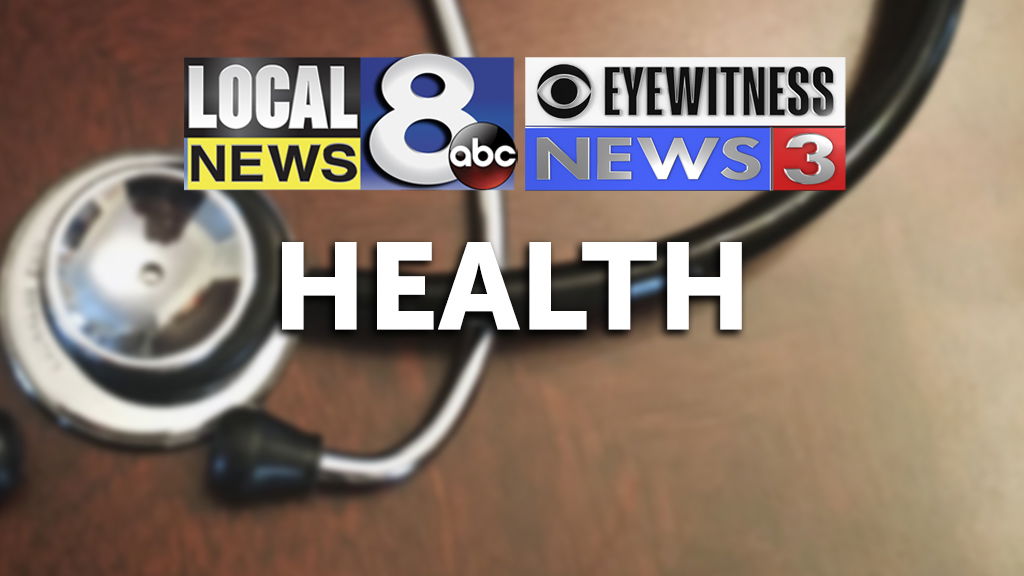Spring break could be a perfect storm for spreading coronavirus variants. Don’t let that happen

Highly contagious variants will soon have a ridiculously easy chance to spread rapidly across the US.
Spring break starts for hundreds of universities this month. And typical spring break revelry could lead to countless more Americans getting infected as coronavirus variants threaten to outpace vaccinations.
“It’s the perfect storm,” Dr. Peter Hotez, dean of the National School of Tropical Medicine at Baylor College of Medicine.
“You’ve got the B.1.1.7 variant accelerating in Florida. You’ve got all these 20-year-old kids. None of them are going to have masks. They’re all going to be drinking. They’re having pretty close, intimate contact. And then, after that’s all done, they’re going to go back to their home states and spread the B.1.1.7 variant.”
Some universities — like Ohio State and State University of New York — have canceled spring break to try to minimize new infections.
And the director of the US Centers for Disease Control and Prevention recently had a blunt message for all Americans: “Don’t travel,” Dr. Rochelle Walensky said. “We really, really would advocate for not traveling right now.”
So college students who have a week of freedom can help make or break the next chapter in this pandemic. Here’s what to know before going to a party or traveling to a spring break hot spot:
The B.1.1.7 strain is really, really contagious
Scientists are worried about several new variants circulating in the US. But Hotez is most worried about the B.1.1.7 strain, which was first detected in the UK but has already spread to at least 44 US states.
Research shows that in the US, the variant is 59% to 74% more transmissible than the original novel coronavirus.
“Florida has the highest percentage of the B.1.1.7 UK variant,” Hotez said. “Spring break in Florida could spell disaster for the country.”
Other states with popular beaches could also become launching pads for new outbreaks — especially Texas and Mississippi, where governors lifted a mask mandate or will soon.
“A lot of (students) are going to go to South Texas as well, and that’s also a concern,” said Hotez, who lives in Houston.
Hotez said the ditching of a mask mandate in his state will have a ripple effect across the country.
“It’s going to accelerate Covid-19 nationally,” he said.
You can’t count on a negative test result to be safe
Testing can lead to false-negative results, especially if you get tested too soon or late and don’t strictly quarantine before and after your test.
And yes, you could be contagious even with no symptoms and a negative test result.
Young people definitely aren’t immune
While young people may be more likely to be asymptomatic when infected, that also means they can easily spread the virus to friends and family without realizing it.
But even young, previously healthy adults have suffered long-lasting Covid-19 complications.
In one survey, 35% of Covid-19 survivors still had symptoms two to three weeks after their tests, according to a CDC study.
In the 18-to-34 age group, 26% said they still had symptoms weeks later.
Some young people have struggled with complications months after infection, such as shortness of breath, chronic fatigue, brain fog, long-term fever, coughing, memory loss and the inability to taste or smell.
You asked, we’re answering: Your top questions about Covid-19 and vaccines
Alcohol plus parties often equal zero protection
Attempts to physically distance and wear masks typically go out the window at parties where alcohol is involved.
It’s not just that drinking makes people take off their masks (if they’re wearing one at all). Alcohol can cause people to get closer to one another than usual, Hotez said.
That’s especially dangerous this spring break, when revelers at popular hot spots may not just be exposed to students from across the country — they could also be exposed to variants or outbreaks from those parts of the country as well.
“So this is not the time to have a superspreader event for that UK variant, which is what spring break in Florida would look like,” Hotez said.
“This is not the time to be sending a bunch of 20-year-olds to Florida, then sending them back, disseminating it across the country.”
Pandemic fatigue is real — but totally defeatable
Not celebrating spring break the way you want to this year may seem devastating. But there will be plenty more chances to party after everyone gets vaccinated.
“The best thing to do right now is to avoid big travel unless you’ve been vaccinated or unless you’ve been recently infected,” Hotez said. “Just try to keep a lid on everything we can until we can fully vaccinate.”
Unfortunately, the vast majority of college students haven’t been vaccinated against Covid-19. But there’s some great news on the horizon:
— If enough people get vaccinated, this will likely be the last year of major Covid-19 disruptions.
— The current vaccines “work really well” against the troubling B.1.1.7 variant, Hotez said.
— President Joe Biden recently said an increase in supply means there could be enough vaccine for all American adults by the end of May.
— The faster we vaccinate and get Covid-19 under control, the faster we can return to normal life.
“I know it’s frustrating,” Hotez said. “But try to maximize social distancing and masks, and this may be the last spring break that you have to give up.”
